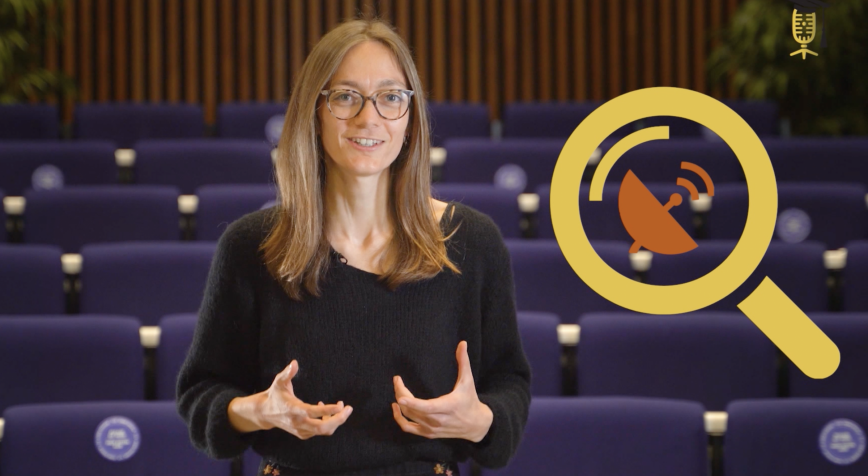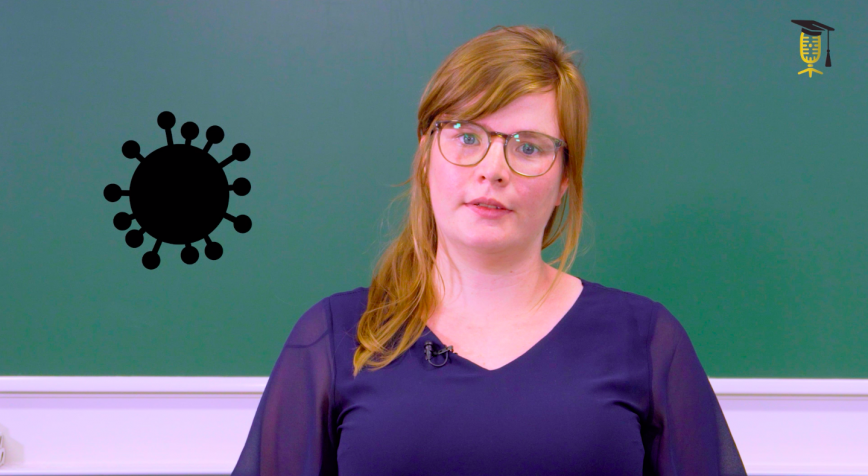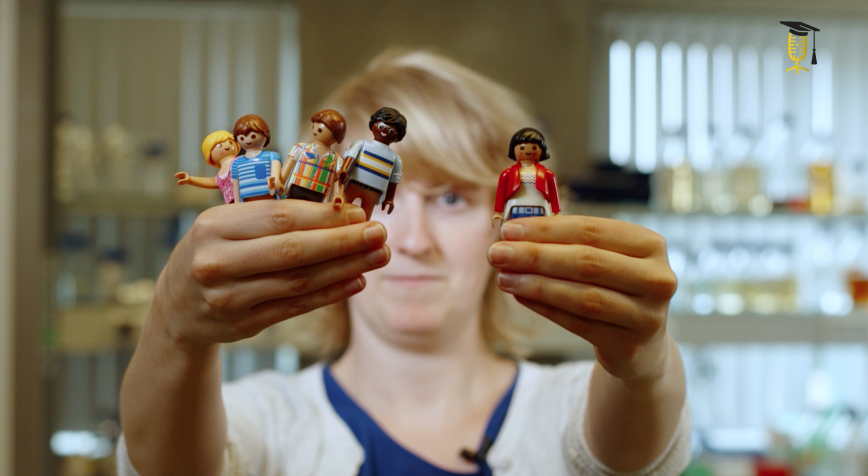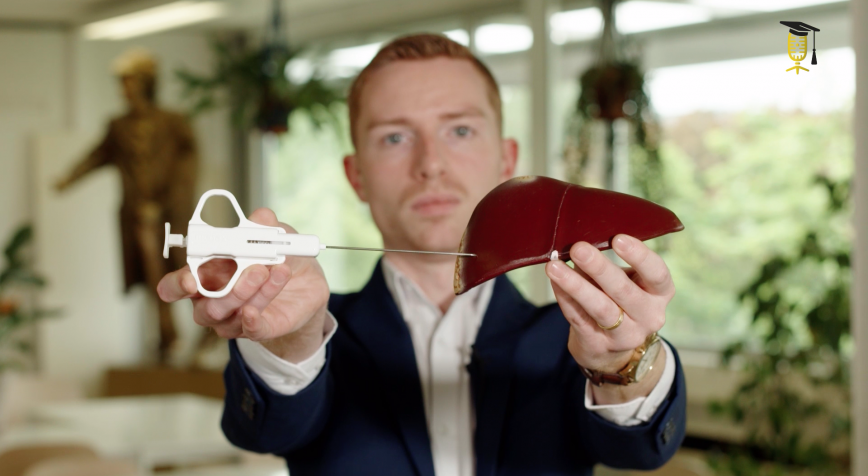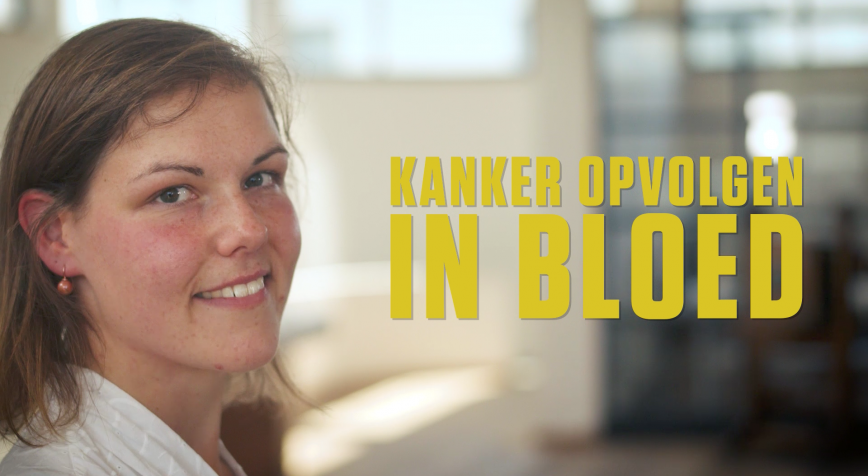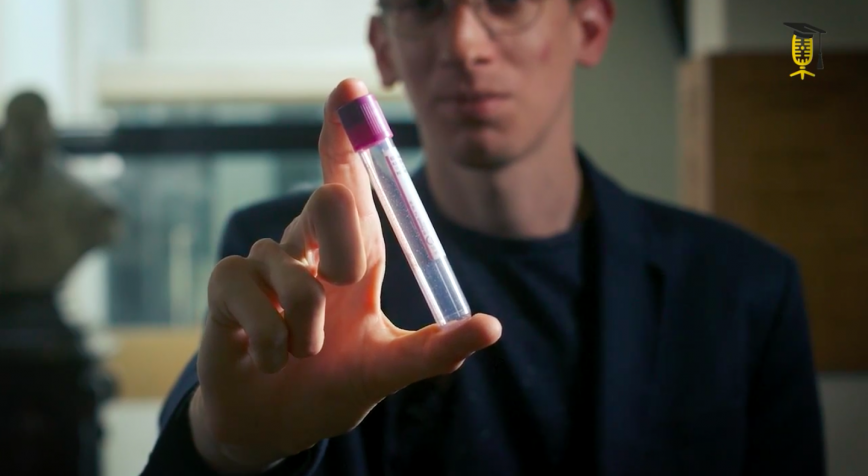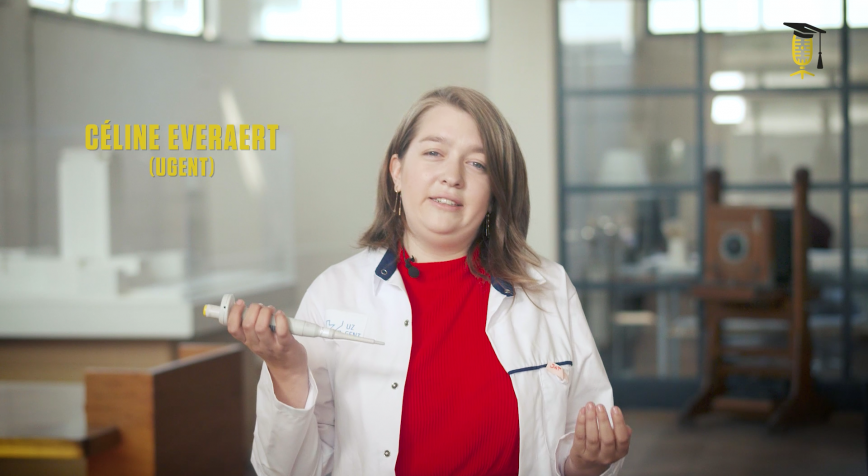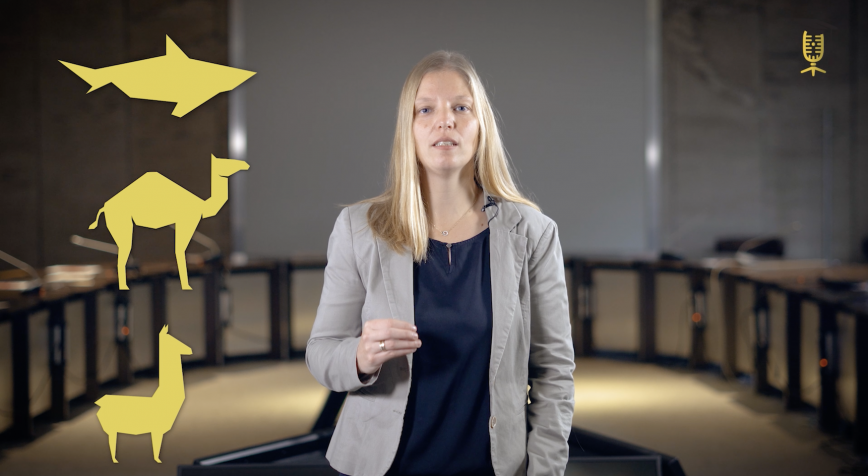
FWO
VUB
Camel blood attacks dormant cancer cells
Why do cancer patients relapse despite receiving treatment? This is often due to dormant cancer cells. These cells lie dormant in the body and manage to escape treatment, for example, chemotherapy. Can substances from camel and llama blood provide a breakthrough?
